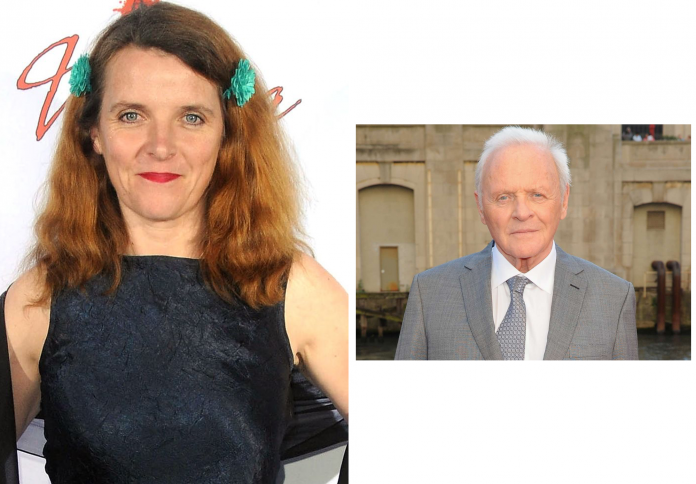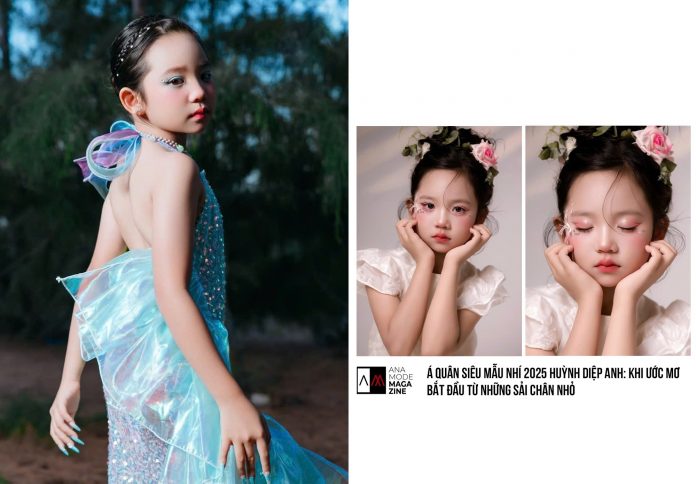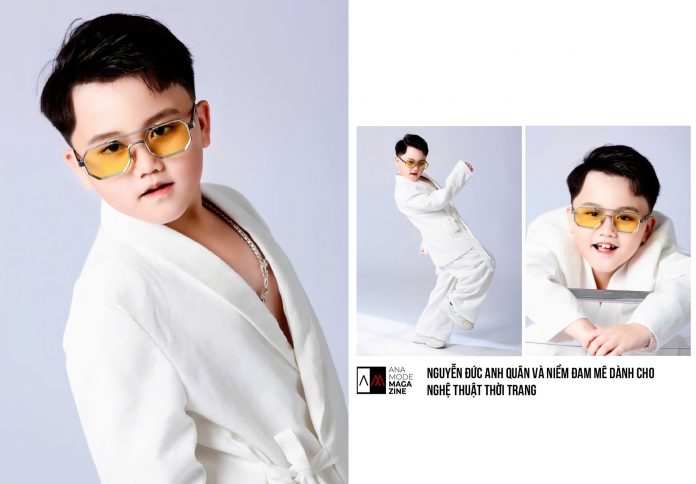In a poignant and deeply personal revelation within his new memoir, “We Did OK, Kid,” Oscar-winning actor Anthony Hopkins addresses the painful reality of his decades-long estrangement from his only child, daughter Abigail Hopkins. The “Silence of the Lambs” star candidly reflects on the emotional toll this lack of relationship has taken, describing it as the “saddest fact of my life” and his “greatest regret.” Writing with raw emotion, Hopkins delivers a direct message to Abigail, asserting that his “door is always open” and that he wishes her only happiness and well-being. This public gesture, while acknowledging the irreparable hurt caused by his leaving the family during her infancy, offers a rare, intimate look into the personal cost of his fame and his enduring hope for reconciliation.
The Regret of Separation: Leaving the Family
Hopkins details the emotional circumstances surrounding the beginning of his estrangement, which originated with the end of his first marriage to Petronella Barker.
:max_bytes(150000):strip_icc():format(webp)/anthony-abigail-hopkins-110425-50b800a52e114aef997930beacc94385.jpg)
The actor welcomed his only daughter, Abigail, during his marriage to Barker, which lasted from 1966 to 1972. Following the dissolution of the marriage, Hopkins admits that he lost contact with both his ex-wife and Abigail for several years. While he continued to send financial support, the lack of a relationship with his daughter became a profound source of pain. In his memoir, Hopkins writes that he is eternally “sorry for hurting her when I left the family,” even as he maintains his belief that he “had no choice” at the time. This deep regret over the fractured relationship is what he now calls the “saddest fact of my life” and his “greatest regret.”
A Failed Attempt at Reconciliation in the 90s
The memoir reveals that the famous father and daughter attempted to mend their broken relationship during Abigail’s teenage years, a period that ultimately did not lead to lasting contact.
:max_bytes(150000):strip_icc():format(webp)/anthony-hopkins-110425-2f98330dd2ca4f9e94652a76299aec12.jpg)
During the 1990s, the relationship briefly rekindled. Hopkins recounts that Abigail would occasionally come to stay with him, though she maintained the typical teenage distance, often keeping her hoodie pulled up. He made efforts to help her, assisting her in securing small acting parts and purchasing her an apartment. They even appeared together in his films “The Remains of the Day” and “Shadowlands.” However, despite these attempts to bond, Hopkins sadly notes that Abigail eventually “drifted away” again. He attributes the enduring rift to her apparent inability to “forgive me for leaving the family when she was a baby,” a perspective he acknowledges is her right, though it remains a “tremendous source of pain” for him.
The Paternal Vow: A Promise of No More Children
The painful experience of the estrangement shaped Hopkins’s life choices, leading him to make a significant vow about expanding his own family.
:max_bytes(150000):strip_icc():format(webp)/anthony-abigail-hopkins-2-110425-e1d382c4429f4ec2af18d9fd7ff24822.jpg)
The actor writes that after facing the reality of his unfitness as a father to Abigail—a self-assessment driven by his perceived “selfishness”—he made a commitment “not to have any more children.” He has held fast to that promise throughout his subsequent marriages. This candid admission shows how deeply the regret over his relationship with Abigail impacted his decisions, reinforcing the intensity of his feeling that he “couldn’t do to another child what I’d done to her.”
The Open Door: A Message of Enduring Hope
Despite the years of distance and unanswered attempts at contact, Hopkins uses his memoir to send a direct, unwavering message of unconditional love and hope for future reconciliation.
The central message of the book is one of heartfelt longing. Hopkins explicitly states that he wants his daughter “to be well and happy” and that his “door is always open to her.” He also shares a tender, formative memory that remains etched in his mind: “Until the day I die, I will never forget the sight of her in that crib, laughing up at me when I walked in the room the first year of her life.” The message serves as a public articulation of an invitation that, as he previously revealed, was ignored when his current wife, Stella Arroyave, sent an invitation to Abigail to visit.
Finding Paternal Fulfillment in Later Life
While his relationship with his daughter remains unresolved, Hopkins shares that in his later years, he has found a way to channel his paternal instincts toward others.
The actor notes that only in his “old age,” after finally learning “patience and kindness,” has he been able to act as a kind of father figure. He explains that he has since found himself “surrounded… with people who are outsiders in some way.” Recognizing suffering and loneliness in others, he can connect with them by saying, “I know how you feel.” While acknowledging he cannot magically fix their pain, he can “be there,” suggesting a personal growth that allows him to offer the support and presence he regrets not fully providing to his own daughter during her formative years.










